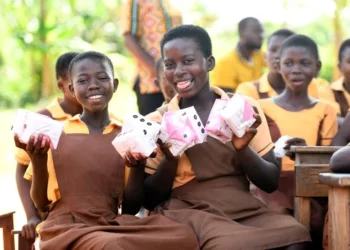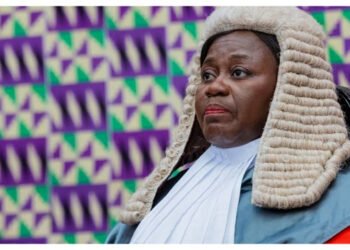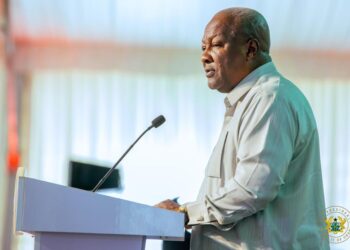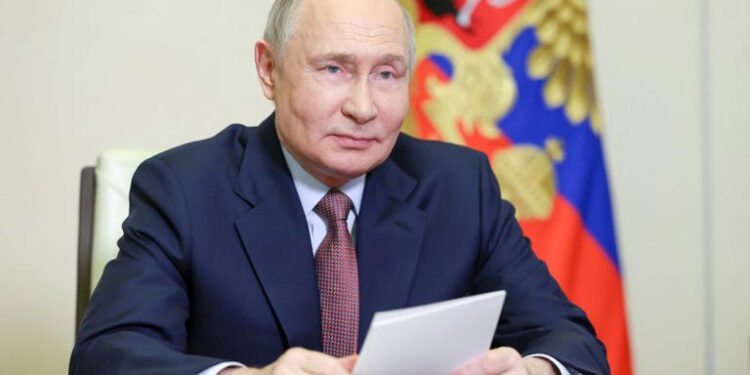Despite fierce political campaigning and intense public discourse, the 2024 election was not significantly swayed by religious affiliations, according to a post-election analysis by Global InfoAnalytics.
The pollhouse’s Executive Director, Mussa Dankwah, has offered a data-driven reflection on the role of faith in the polls, concluding that religion, while influential for a minority, did not dominate voter decisions across the board.
Dankwah revealed in his breakdown that a significant 63% of voters said the religion of candidates was not an important factor in how they voted.
Meanwhile, 19% considered it important, and 18% believed it had a neutral effect. These insights are drawn from the group’s extensive post-election survey aimed at understanding voter behavior in one of Ghana’s most highly contested races.
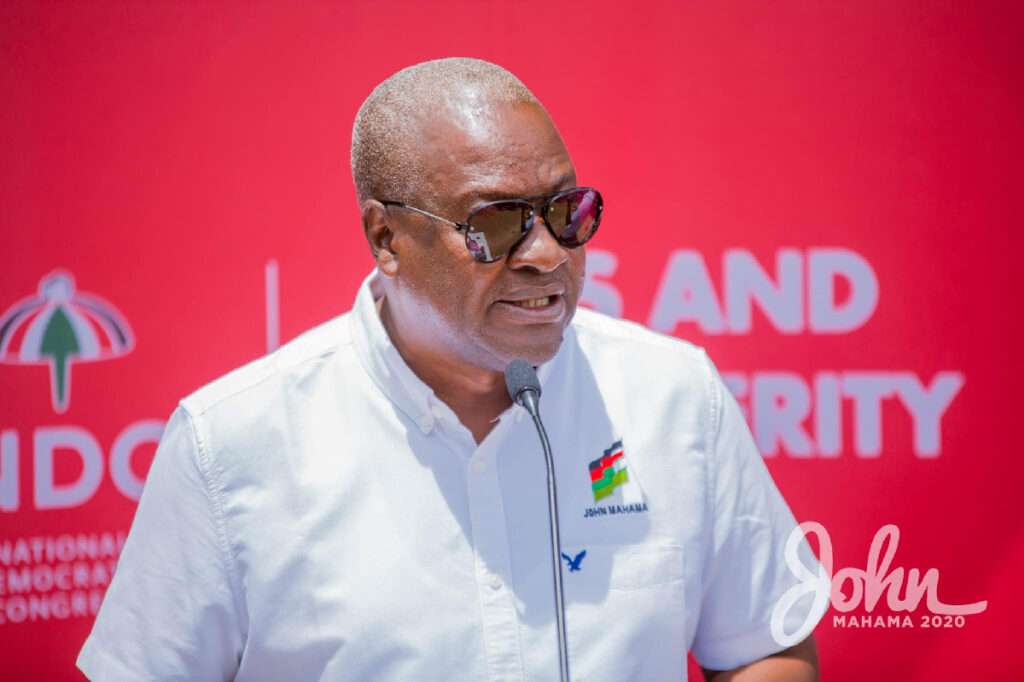
However, once the data is broken down by religious demographics, a more layered picture emerges. “When the data is disaggregated, the poll shows that 18% of Christian voters said it was important, while 26% of Muslims said it was important.”
With Christians making up 71% of the electorate and Muslims constituting 21%, the absolute numbers take on new meaning.
Dankwah went further to quantify what this means in terms of votes.
“Valid votes cast in the 2024 election were nearly 11 million, and with 71% of voters being Christians, that suggests that about 16% of the 8.4 million Christian voters said religion was important—that is about 1.3 million voters.”
Mussa Dankwah
On the other hand, for Muslim voters, “26% of 2.3 million Muslim voters, circa 600,000, said religion was important.”
From this data, a key implication surfaces: while both Christian and Muslim voters who prioritized religion were likely to vote for candidates of their faith, the numerical advantage favored the Christian candidates.
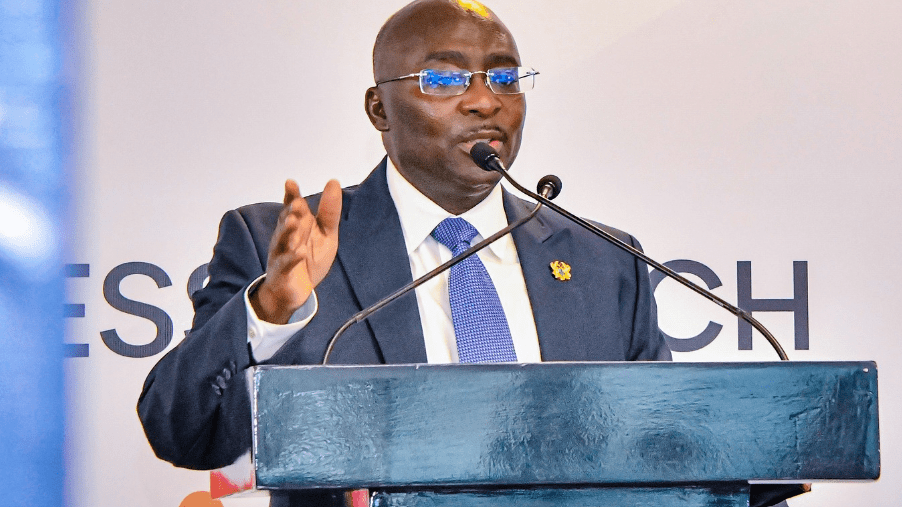
“In the nutshell, while 1.3 million Christians who voted said religion was important, only 600k Muslims who voted said it was important, resulting in a net deficit of 700k against the Muslim candidates.”
Mussa Dankwah
This gap may have subtly impacted the chances of Muslim candidates like Dr. Mahamudu Bawumia and Muhammed Frimpong.
While religion was not a major voting issue overall, for a specific segment of voters, it mattered—and in those cases, the Muslim ticket started at a numerical disadvantage.
NPP Lost Over 2 Million Votes in 2024 Election
Beyond the religious dimension, Mussa Dankwah also shed light on voter defection from the New Patriotic Party (NPP) between the 2020 and 2024 elections.
According to Global InfoAnalytics’ post-election survey, there was a significant swing among previous NPP voters.
“Post-election polls show that on average, 28.8% of voters who voted for Nana Addo in the 2020 election switched their votes to John Dramani Mahama, while 66.9% voted for Dr Mahamudu Bawumia and 4.2% voted for other candidates.”
Mussa Dankwah
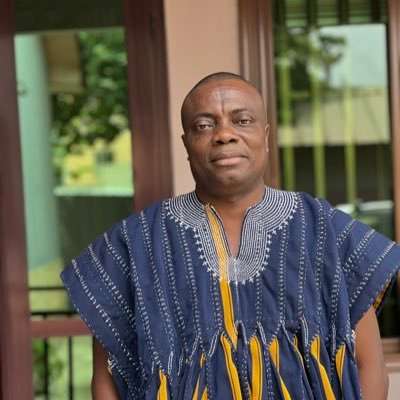
This shift translated into a massive drop in votes for the NPP’s 2024 candidate. “Comparing the 2020 NPP presidential election results to that of 2024, Dr. Bawumia dropped 2,107,206 votes compared to Nana Addo.”
Dankwah posed an important question: “So, assuming that all the 2.1 million had shown up to vote, how would that have affected the outcome of the 2024 election results?”
He crunched the numbers using the same percentage breakdown from the defection data.
Applying the 28.8%, 66.9%, and 4.2% distribution to the 2.1 million lost votes yields the following hypothetical results: John Dramani Mahama would have gained 6,932,373 votes, Dr Bawumia would have received 6,033,900, and other candidates would have secured 226,084 votes, bringing the total to 13,192,357.
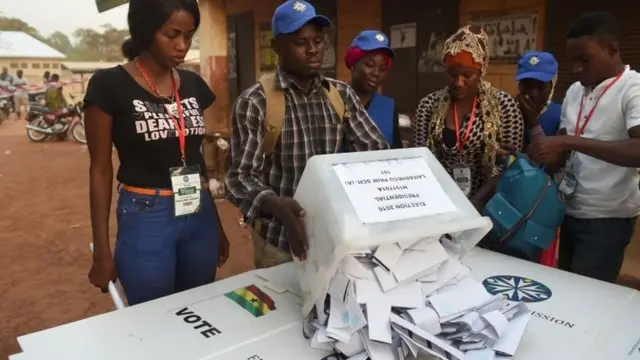
“This will result in an election result where JDM would have still won with 52.53%, DMB, 45.7%, and the other 1.7%. Optimistically, the gap could have been nearly 900k.”
Mussa Dankwah
While some may argue that elections are won on campaign strategies and economic issues, this analysis reveals that cultural identity markers like religion, though less publicly discussed, still matter to a noticeable subset of the electorate.
It also reinforces the importance of voter retention and strategic appeal, especially in close contests.
Ultimately, the 2024 election results were shaped by a combination of loyalty shifts, turnout differences, and subtle cultural undercurrents, offering a wealth of insights for any political strategist preparing for the future.
READ ALSO: Trump Bemoans Russia’s Latest Attack On Kyiv




